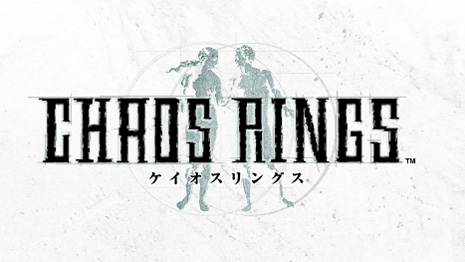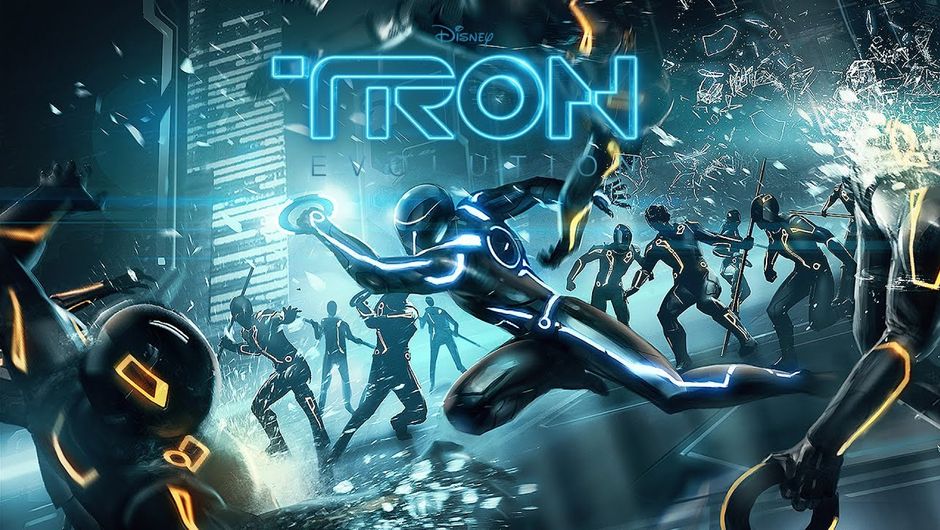"We'd done it. With a fraction of the resources, we'd done it."
These words by Animation Director Yoshikazu Yasuhiko perfectly summarize both the development and story of Mobile Suit Gundam. Despite numerous production challenges limiting its scope of animation, Gundam managed to be a fresh take on the mecha genre for the late 1970's and still stands the test of time to this day. In fact, given that no 40 year-old anime has aged well by 2020 standards, it's perhaps easier to overlook the shortcomings of Gundam's animation now than when it aired. Yes, characters frequently go off-model, and yes, numerous shots are reused time and time again, but it never gets in the way of the real star of the show: the story its creators were trying to tell.
Early episodes might seem easy to dismiss as the era's "badguy of the week" tropes bleed through. But Gundam was conceived to buck this very trend, and with time, it's clear there's more going on than meets the eye. Arcs that typically would have resolved quite quickly in other shows instead stretch out for several episodes, interspersed with combat that's just military enough to feel genuine without being too complicated to follow. Less important story beats rarely feel like filler, instead fleshing out the characters and world in a meaningful way even if the overarching plot isn't always driven forward.
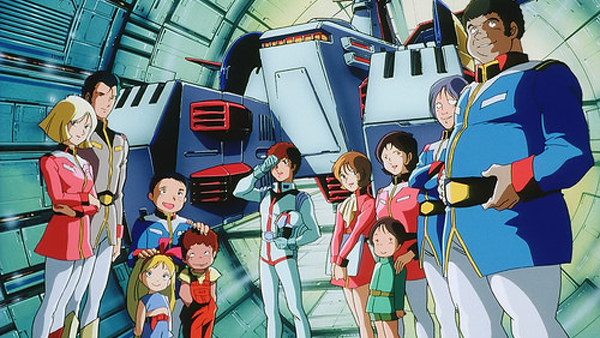
And perhaps Gundam's greatest strength is how it manages to be fiercely character-driven despite juggling duties as a fun giant robot show for kids and serious war drama for teenagers and adults. The main protagonist, Amuro, may not himself be the strongest lead, but he's a very human one, at best transporting viewers into his shoes and at worst playing the perfect foil for more likeable cast members. It's easy to admire the commanding Mr. Bright for his perpetual cool or pilot Sayla for her secret noble background, but Amuro doesn't have either of these qualities. Even the advantages he does have (his father invented the Gundam and he himself is something of a tech whiz) are not pushed front and center until quite late in the series. Rather than fight for a particular honor or ideal, Amuro's philosophy is that he just does what he has to do—nevermind he's only 15 and not yet emotionally equipped for the task.
In this he is not alone, seeing as much of the cast bears a similarly young age (despite generally demonstrating more maturity). The found family and coming-of-age themes that result are obvious, but serve as more than merely a way to appeal to the show's target audience. Anyone can be faced with challenges larger than themselves, and more importantly, the characters' age frames the challenge—frames war—as the real villain of Mobile Suit Gundam. And critically, it is likewise humans—not giant robots—who are the heroes.
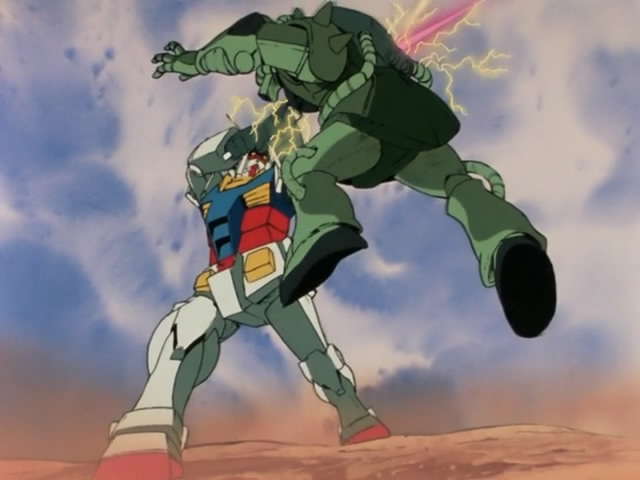
Gundam takes place in an age when humanity has expanded beyond earth into massive space stations known as "Sides". One such Side declares itself the independent nation of Zeon and rebels against the rest of humanity, aiming to subjugate the world to their leadership. While it would be easy to paint Zeon as a faceless evil empire, Gundam's Zeon is anything but. The show spends nearly as much time with Zeon as it does the Earth Federation, and while you'll never find yourself rooting for them, you'll often wish they wouldn't lose either. Nearly every antagonist is genuinely sympathetic, and few are purely evil. After all, they have families, comrades, and backstories too. They may be on the wrong side of history (in Gundam lore, Zeon's war wiped out half the human population), but so have been many redeemable people in the real world.
By contrast, Amuro and compatriots are initially victims of a Zeon attack forced to flee aboard a ship known as the White Base. Thanks to his quick thinking, they have the Gundam (plus a few other Mobile Suits) as backup, but they're not soldiers and have plenty of personal issues to work through besides. The injustice of the situation is palpable, but never the focus. Rather, it serves as a backdrop for personal growth, and that applies both to individual characters and their function as a team. Their failures have real consequences and their successes come at a cost, but each step along the journey grows them into people far greater than when they began.
As an aside, it was observing this process that made me fall in love with Gundam's end credits song (above). It's simply perfect. But I didn't always think so. At first, it was downright awkward to listen to—a relic of a bygone era from a different culture than my own. But about halfway through the series, I realized it's not actually 1970's Japanese pop: it's a war ballad playing off the style soldiers may have enjoyed in World War II, and there's a potent lesson in its lyrics for those of us now distant from this period of history. We can't always choose the challenges we will face in life, but we can choose not to look back. There's no use pining for old days that will never exist again. Instead, we must bear our burdens and march forward to create a better future. It's an old-fashioned and perhaps even politically-incorrect concept of growing up, but one sorely needed in this day and age.
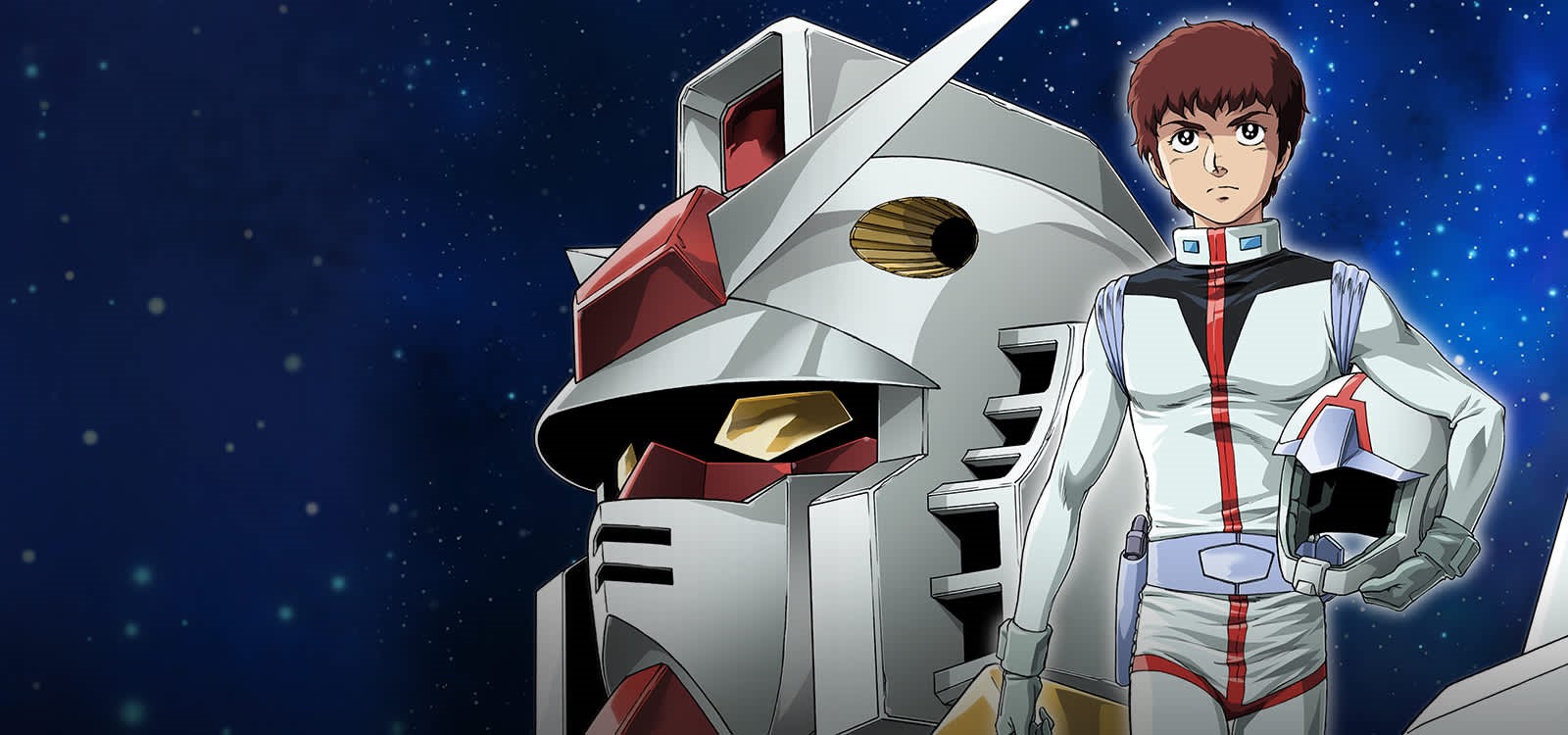
On the one hand, the story of Gundam is little more than an unlikely band of survivors on the run, fighting for victory against the odds. But it's also so, so much more. Beneath the surface of rough animation, lackluster soundtrack, and dated theme songs lies a gem that shines just as brightly 40 years after its inception.
If you're worried about watching such an old anime, and contemplating skipping Mobile Suit Gundam for the much shorter movie compilation: don't. Set your fears aside and start here first. Such superficial flaws have no power to diminish what a splendidly charming experience the original TV show is, and it remains the definitive way to introduce yourself to all things Gundam—and anime history at large.



